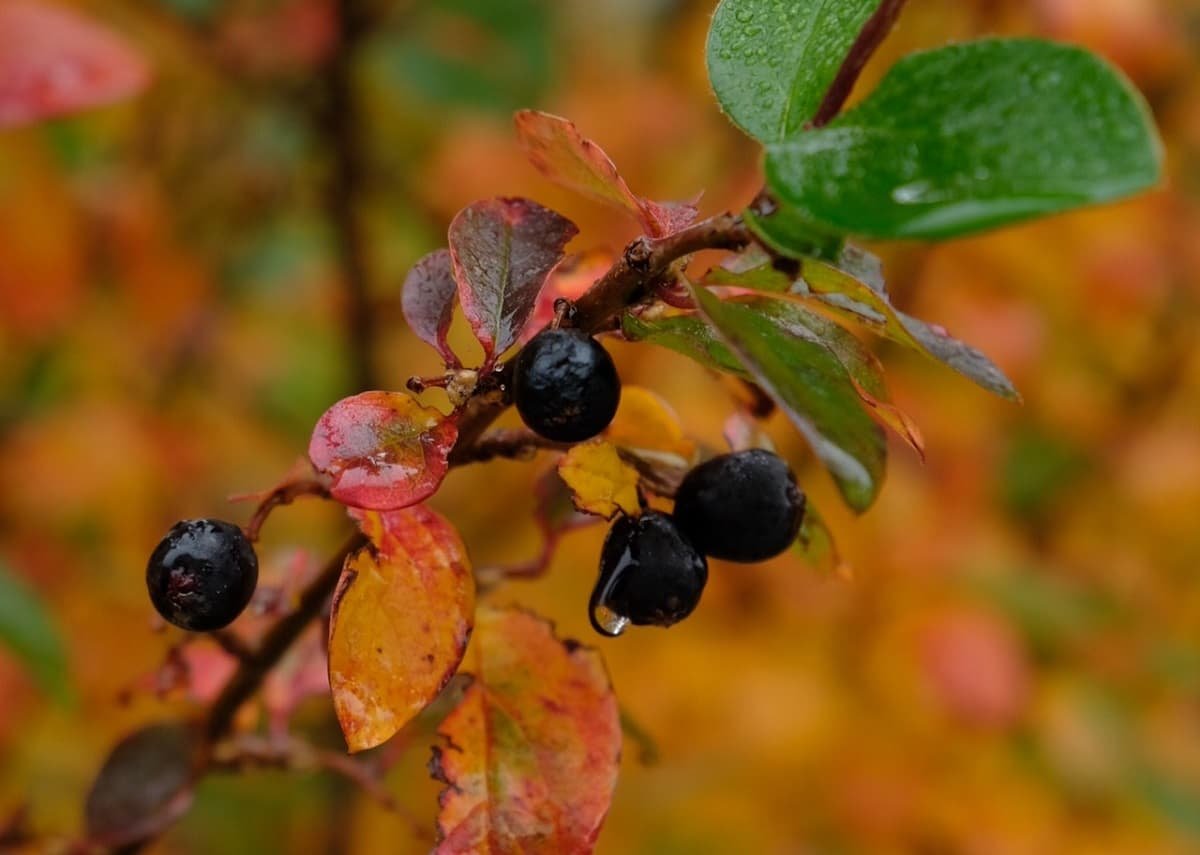Aronia (Chokeberries): The Berries Of Youth And Well-Being

The antioxidants of the aronia fruit surpass the antioxidants of any other fruit!
Although many people have never heard of aronia berries – a deciduous shrub that thrives in forests and swamps – its fruits are becoming increasingly popular with health-conscious consumers, as they belong to the category of superfoods, foods that accumulate a wealth of nutrients beneficial to health.
If eaten raw, the aronia fruit is quite sour and tart, making your mouth tingle – which is why these blueberries are also called “chokeberries”.
With proper processing, however, they can be used to make desserts, jams, jellies and even juices, wine and liqueurs. It is also used as a food additive.
Related: No wonder its a superfood! Black seed treats a variety of diseases from arthritis to diabetes
Antioxidant Ingredients “at full Strength”
Traditionally, aronia was used by Indian tribes as a treatment for colds. The Indians called this fruit “nîki’mînûn” and used it to make a traditional tea. The reason why aronia berries were found to be so effective in treating the symptoms of the common cold is probably linked to their extremely strong antioxidant capacity.
Today, it is known that the antioxidants in aronia outperform those of any other fruit, even those of box elderberries (sagebrush), blueberries and raspberries.
Aronia berries contain high levels of vitamin C, but the real claim to fame as a superfood is their high level of polyphenols, anthocyanins and proanthocyanins.
These are types of antioxidants that help fight free radical damage in the body, and it is to these that aronia berries’ greatest impact on our health and well-being is attributed.
What The Studies Show
A number of laboratory studies have been done on mice and rats investigating the health benefits of aronia berries. While these results need to be confirmed in human studies, early results suggest that these blueberries may be able to help with conditions such as cancer, diabetes and organ damage.
However, the studies are still in early stages and it is too early to say whether the extract will have the same effect in humans.
A more recent study on cancer-fighting properties showed that aronia fruit extract reduced cell damage in people with breast cancer. [2]
While research into the health benefits of aronia fruit is still in its early stages, the results so far have been encouraging. In addition to being a delicious treat, early trials suggest that aronia berries may be able to help improve organ function and fight disease.
Aronia Berries Health Benefits
In fact, aronia is considered a true superfruit because of its high level of antioxidant phytonutrients, which can be beneficial in many ways.
From research there is enough evidence to suggest that these berries could:
Nutritional Facts
Aronia berries are low in calories and are packed with important micronutrients that account for their numerous health benefits.
For reference, 100 grams of aronia berry provide the following nutrients:
In addition, researchers have identified a total of 7 different anthocyanins in the aronia fruit. These include phytocompounds such as cyanidin-3-O-glucoside, an important molecule that has been reported to exhibit anti-inflammatory, anti-carcinogenic and anti-mutagenic activities, and also enhances spatial memory, cognitive function and psychomotor control.
Unfortunately, it is not easy to find fresh aronia berries on the grocery store shelf. However, there are many alternatives. Especially in specialized or online stores you can buy aronia berries in the form of frozen or dried fruits, teas, jams, juices and wines.
